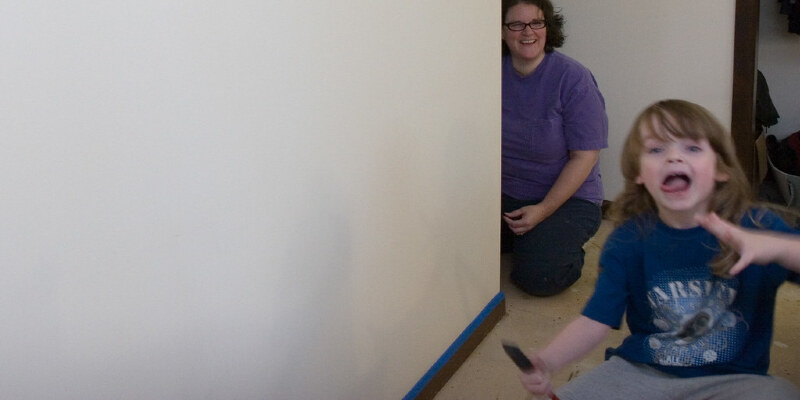Foreclosures involve a intricate network of troubled homeowners and homeowners, government officials and buyers. Mortgage loan default initiates the foreclosure procedure. From there, the stages of foreclosure include pre-foreclosure, auction and repossession. Foreclosures share particular risk vs. reward dynamics, as encouraged sellers seem to quickly organize deals with value-conscious buyers.
Mortgage Loan Default
The mortgage contract enables creditors seize, or to foreclose upon, property as reimbursement for unpaid loan accounts. Be advised that municipal officials also can foreclose on real estate and sell it off to collect unpaid real estate taxes. Mortgage payments are generally due on the first of the month–with an ensuing, usually 15-day, grace period. The foreclosure process begins if the lender has not yet obtained a full payment as the grace period expires. After 90 days, banks tackle a notice of default to homeowners, which provides provisions for them to catch up on obligations and prevent foreclosure. If another 90 days pass without charge, a notice of trustee’s sale is posted prominently on the home. The bank now plans to market off the home.
Stages of Foreclosure
Homes shift through three stages associated with the foreclosure procedure. In pre-foreclosure, the mortgage loan is in default. The home, however, has not yet been seized. The pre-foreclosure phase generally lasts for six months, as distressed homeowners seem to boost cash or sell the house to pay down the mortgage . Existing homeowners might also attempt to negotiate loan alterations, where banks agree to decrease the mortgage principal balance and interest prices. If no sales or payment arrangements could be produced, the second phase advances and the home will then be auctioned off to the maximum bidder. A real estate auction brings sophisticated investors and buyers that make cash offers to facilitate fast transactions. Subsequent to the auction, banks repossess unclaimed homes as real estate owned (REO) holdings. Interested parties must then negotiate prices directly with banks.
Financial Hazards Vs. Rewards
Relative to real estate purchases, home foreclosure prices are trades. Homeowners who default on loans also lack the capital for upkeep, which causes the home to fall into disrepair. After the flooding, foreclosed properties may sit vacant for several months until you close the deal. In this time period, neighborhood criminals can break in the house and make off with valuable fixtures, fixtures and metal work. Property auctions are particularly risky, because their format might not permit time for you to inspect the property’s inside. Because of these risks, foreclosed homes need to attract buyers with discounts. Buyers can spend the cash savings to restore foreclosures and sell them later for profits. To manage risks, you should contact banking officials and your regional recorder of deeds office for a list of foreclosed addresses and opening bids. From there, it is possible to walk past addresses of interest to get a feel for the home’s condition and surrounding area. Calculate a solid offer by exploring corresponding sales figures for real estate. According to CNN Money, you should expect to cover 20 to 40% off fair market value for home that is foreclosed.
